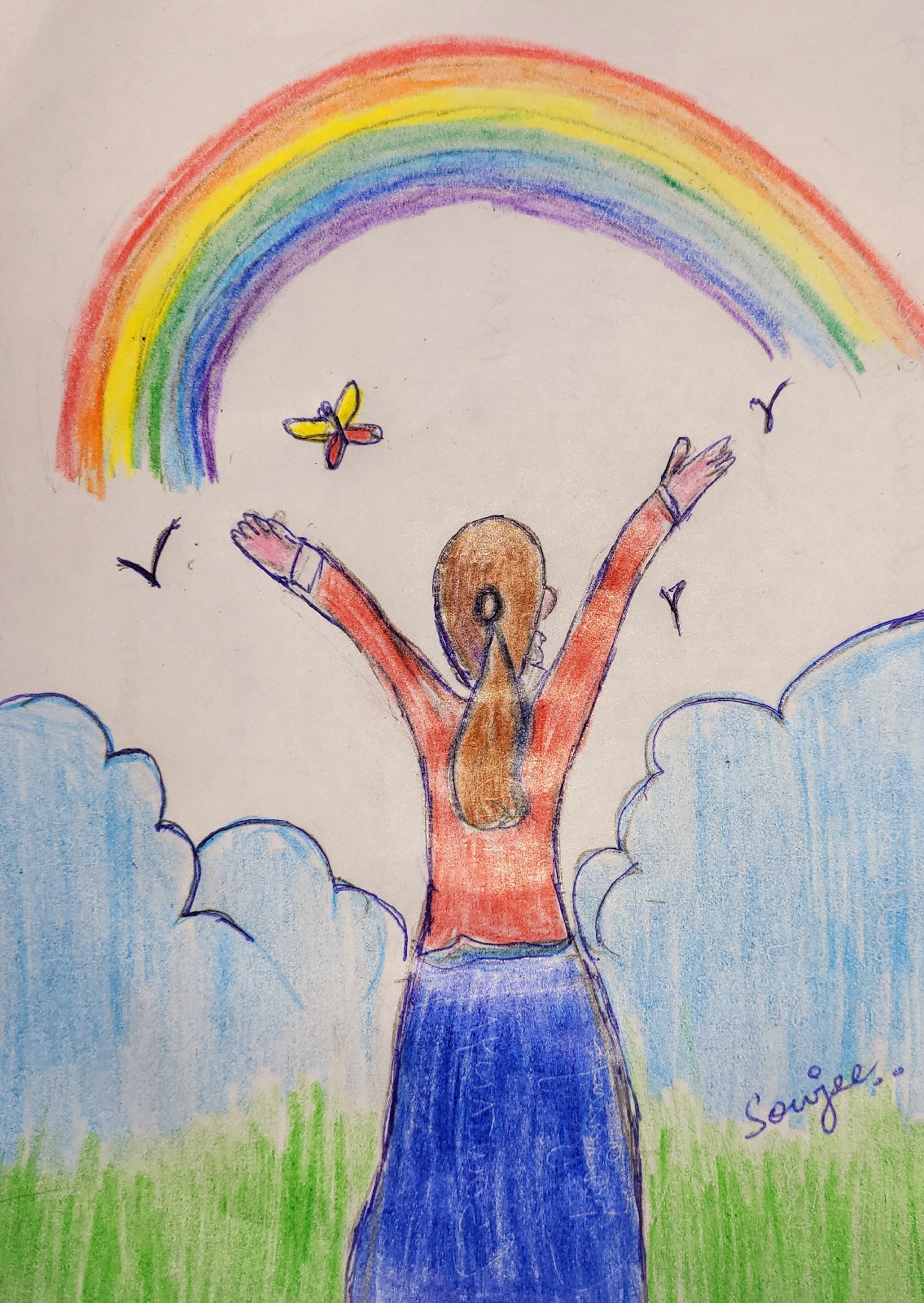In the Circle of Life, It's the wheel of fortune, It's the leap of faith, It's the band of hope, Till we find our place On the path unwinding in the Circle, the Circle of Life
Monday, December 9, 2024
Louder, Flashier, Shallower - My Rant about Action movies
Saturday, October 26, 2024
Mesmerising Memoirs and My Ramblings
Saturday, October 19, 2024
The Art of Racing in the Rain
Saturday, September 14, 2024
Where the mind is without fear
Saturday, August 10, 2024
A Lesson learned at 30K feet - Breathe, Reflect, Repeat
Wednesday, July 24, 2024
Persistence and Flexibility
A big, strong tree stood tall and proud, often looking down on the smaller, seemingly weaker plants around it. Among these was a small plant that the tree considered insignificant. The tree boasted about its strength and ability to withstand any force of nature.
One day, a fierce storm hit. The strong winds blew relentlessly, and the big tree, despite its strength, struggled to stay upright. Eventually, the tree was uprooted and fell. However, the small plant, which could bend and sway with the wind, yet firm on the roots survived the storm unscathed.
The moral of the story is that flexibility and humility can sometimes be more advantageous than sheer strength and pride. Those who can adapt to changing circumstances often survive and thrive, even when faced with great challenges. The persistence of the plant to remain fixed on the roots and the flexibility of the branches to bend and adapt to the winds helped the plant to navigate the obstacles and be successful.
Saturday, May 18, 2024
Survival of the fittest
Saturday, April 20, 2024
Navigating Disappointments with Grace and Gratitude
Sunday, February 18, 2024
From Flaws to Freedom
Ud Jayega - When life whispers its uncertainity
It was just another day-end time, when I was sitting in my cab heading back from office. Amazon music was playing softly - my little ritual ...

-
This song from Rockstar is one of the rarest songs, which has powerful set of lyrics with a magical musical blend of rebellious tone . Tho...
-
Recently, my mom watched and recommended this movie Pink2 Please dont get confused with Pink starring Amitabh Bachchan. Pink2 is a Tamil M...
-
We all have thoughts frequently popping-up in our minds. How much ever hard you try, sometimes they just don’t leave us. You're d...








